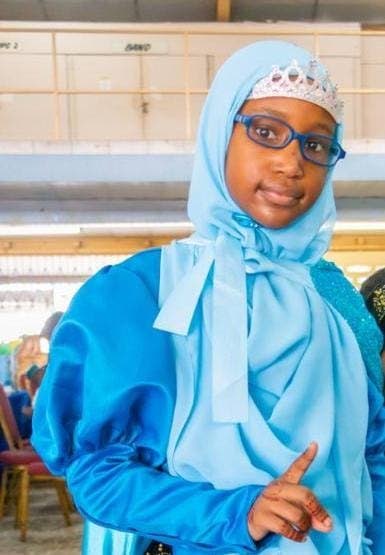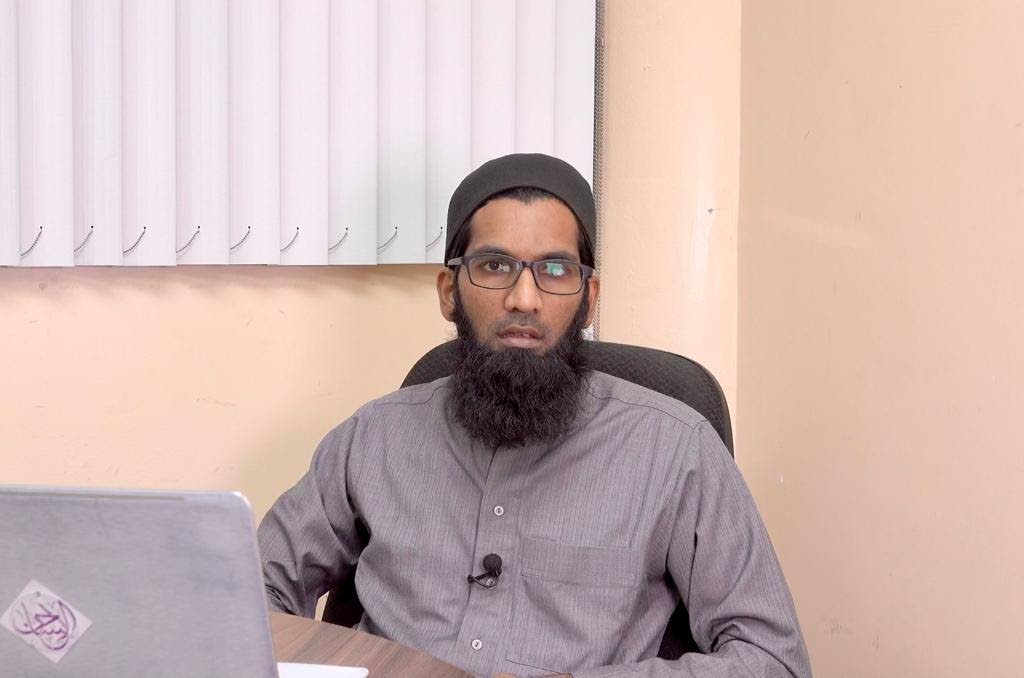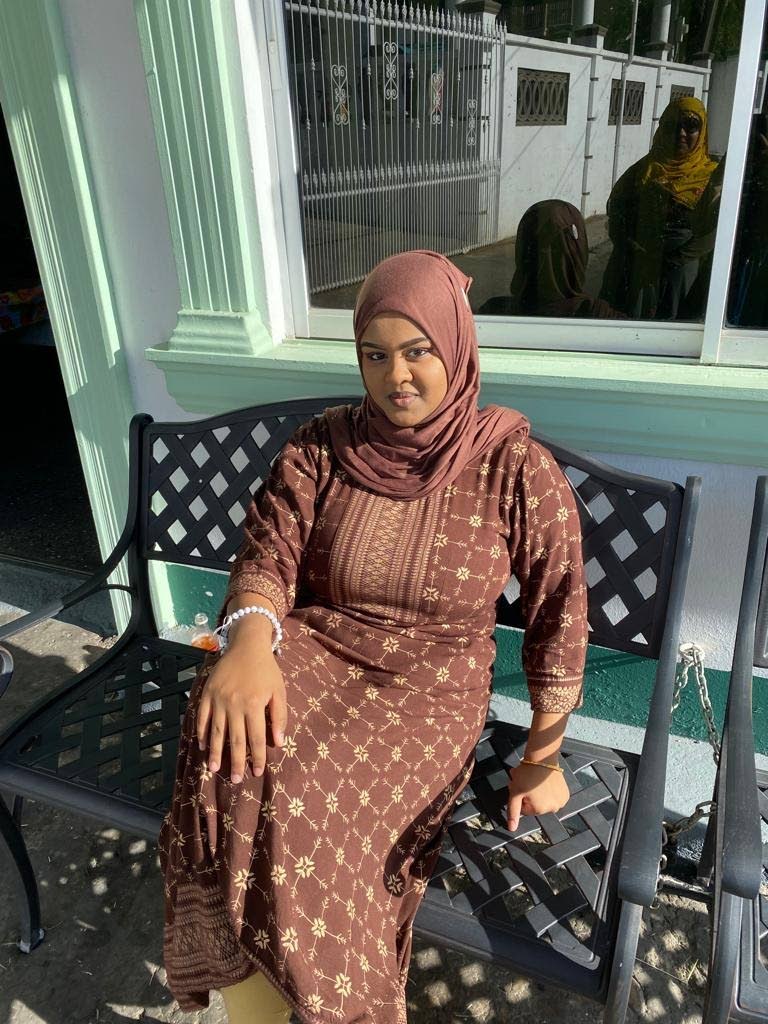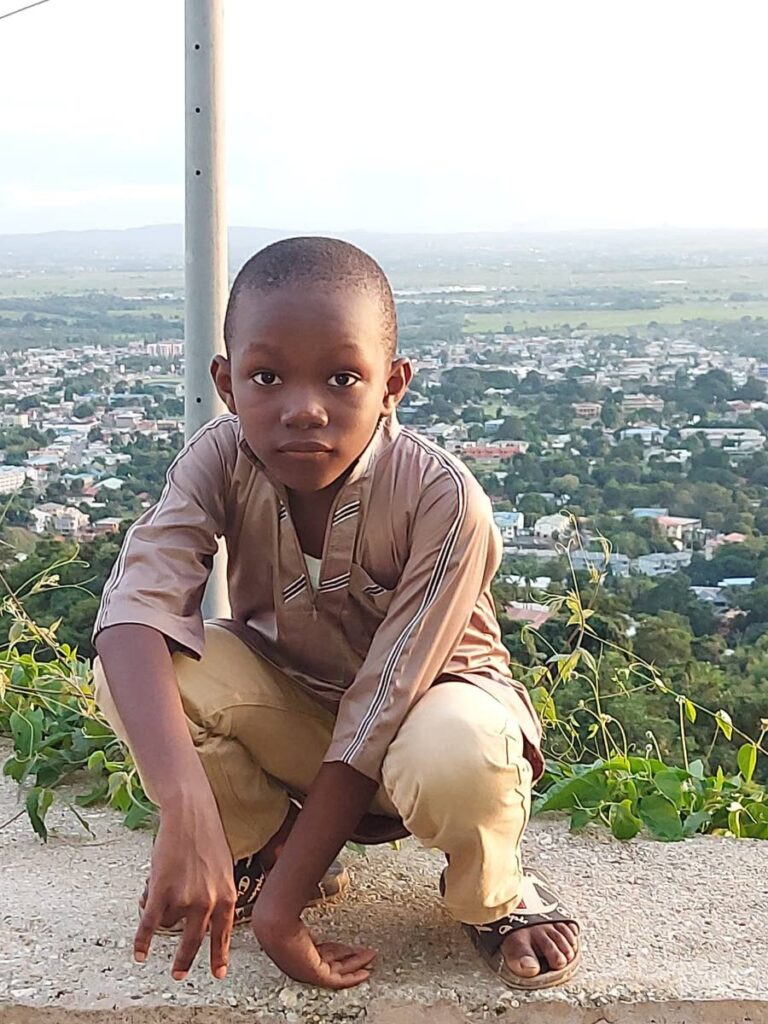Children learn importance of fasting

BAVINA SOOKDEO
The month of Ramadan has just ended and Muslims throughout the world maintained a fast during the holy month.
Ramadan is the lunar month when Muslims all over the world fast from food and drink from dawn until sunset. They do this for one reason only: because it is a command from God – “Oh believers! Fasting is prescribed to you as it was prescribed to those before you, so that you may learn piety and righteousness.” (Quran 2:183).
Muslims are well aware that when God commands something, it is only because of the great benefit to mankind, whether in this worldly life, or in the next life. The Quran hints to the hidden benefits of fasting in (Quran 2:184) “…But it is better for you to fast, if you only knew.”
During the holy month, some children maintained a fast as it is one of the five pillars of Islam. But is it recommended for children to fast and if so, how should parents encourage children to do so in the proper way?
Mufti (Islamic jurist) Abraar Alli, director of Al-Ihsaan Institute (a non-profit educational organisation), explained that it is not compulsory for children to fast until they reach the age of puberty, “but we encourage them at a tender age to start with short fasts at around six or seven years when they can understand the importance of fasting.” He said it is very important for children to learn the importance of fasting from a young age.

When it comes to the observation of Eid-ul-Fitr, Alli said, “It’s the first day of the new month and is one of the most influential experiences that helps children shape their identity as a Muslim. Furthermore, it teaches them about the importance of self-discipline, patience, and gratitude.”
Asked how a parent can explain the importance of fasting and prayer to children, Alli advised, “A parent can explain the importance of fasting by emphasising the importance of self-reflection and Allah’s mercy. However, it’s more important that parents show the physical and spiritual benefits of fasting by their own good actions and adoption of the essence of fasting themselves. As for prayer, a Muslim prays five times a day, everyday, so there are many opportunities to start training children with the discipline of the schedule as well as the spiritual benefits attached to it.”
So how does the parent actually introduce the child to fasting? Alli stated, “We start by explaining to our children how Allah loves those who follow his commands, then we ask them to get them ready to spend miniature portions of the day without any food, water and snacks, when they are hungry we ask them to reflect on the many people that are starving and the feeling they have of hunger, then we allow them to eat and try again. After a few years they are able to make a full day of fasting on their own.”
The benefits, he said, includes children learning from a young age the lessons of self-restraint and gratitude and it teaches them to emphasise for the less fortunate in a very true and experiential way.
When it comes to Eid-ul-Fitr, he said parents can explain the meaning of the occasion to children by “emphasising the importance of gratitude and thankfulness to Allah for the food and drink that we will enjoy, as well as sharing stories about the purpose of the month of Ramadan and the lessons of the struggles.”
“In preparation for Eid-ul-Fitr we encourage parents to read and do activities about the celebration of Eid and its significance as a Muslim, also we encourage decorations, décor, gifts and niceties to promote the love and essence of the joy of the day.”
Alli sent out Eid-ul-Fitr greetings to TT: “Eid Mubarak, “may the holy occasion bring peace, joy, and blessings to all.”
Newsday asked several children what Eid-ul-Fitr means to them. Here is what they had to say:
Nafeeza Khan, 13, Princes Town

Did you fast during Ramadan? “Yes, I did.”
How was it? "
Fasting was good. As years go by it gets easier.”
What does Eid-ul-Fitr mean to you?
“Eid-ul-Fitr means the end of Ramadan. I look forward to getting a new outfit to go to mosque and celebrating with my family and friends.”
Victoria Khan, 16, Princes Town

Did you fast during Ramadan?
“Yes, I did.”
How was it?
“It was good.”
What does Eid-ul-Fitr mean to you?
“Eid-ul-Fitr is the Muslim festival marking the end of Ramadan. It is special to me because it’s the day everyone celebrates at home with their loved ones. The best part of this day is dressing up to go to mosque. That day just feels so powerful.”
Khawlah Abdullah, 11, Port of Spain
Did you fast during Ramadan?
“Yes, I fasted the way Allah prescribed to me and those that came before me.”
How was it?
“The fasting was easy, but it might have been because I knew it would be beneficial to my overall Iman (faith).”
What does Eid-ul-Fitr mean to you?
“Eid-ul-Fitr means the celebration of completing a task given to us by Allah and a day to celebrate the success of any goals I may have given myself during Ramadan. It is also a time for me to dress up, have fun, and get Eid gifts and snack bags.”
Khadir Griffith, 11, Morvant

Did you fast during Ramadan?
“Yes, I observed a fast this Ramadan in performance of my compulsory duty to Allah.”
How was it?
"The fasting was hard but at the end of the day, I feel accomplished."
What does Eid-ul-Fitr mean to you?
“It is a day in which I get to celebrate the end of Ramadan and feel some accomplishment for I have fasted! I also look forward to drinking sawine, getting gifts, going to the masjid, spending time with my Muslim brothers and going mosque hopping."

Comments
"Children learn importance of fasting"